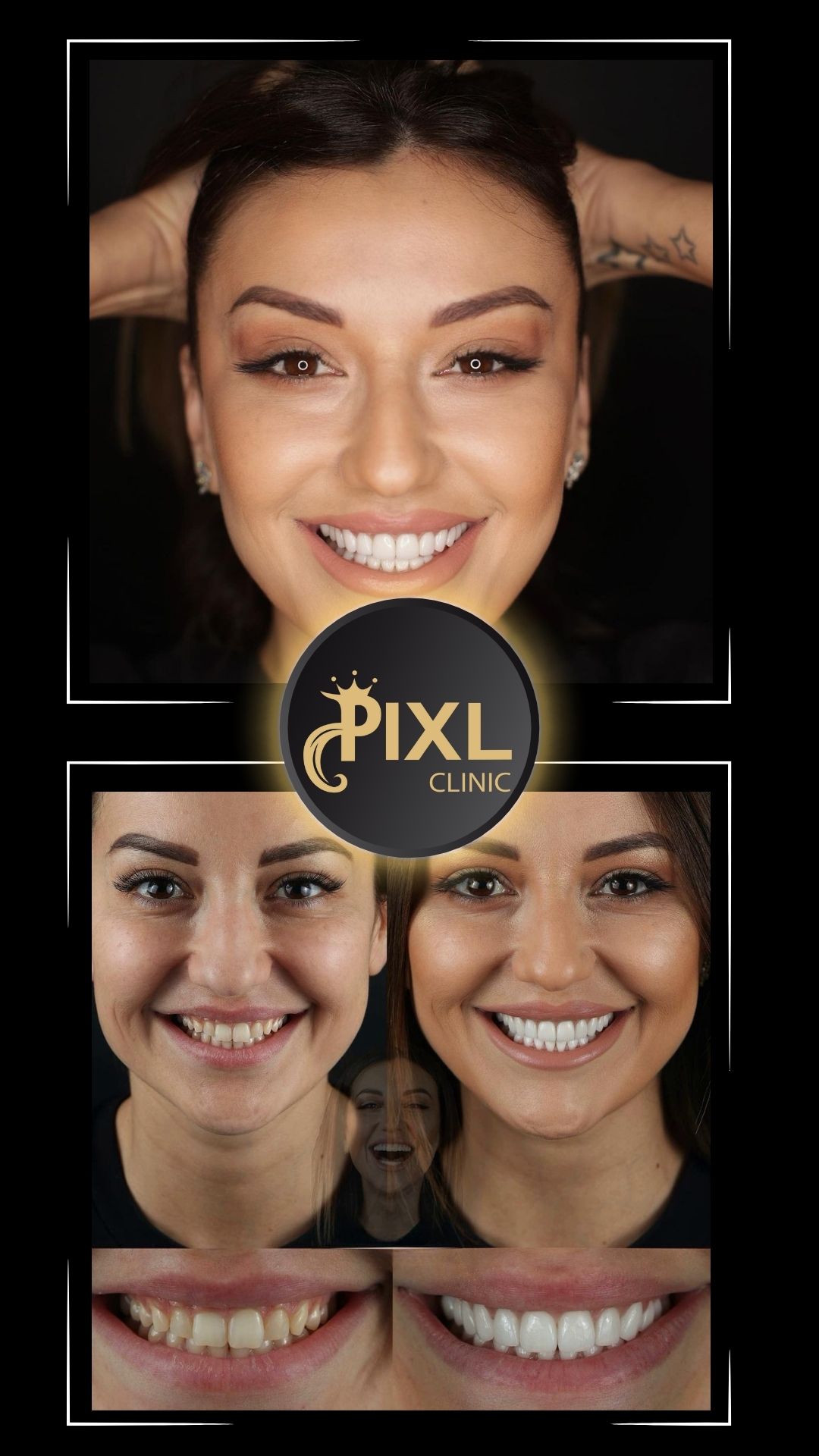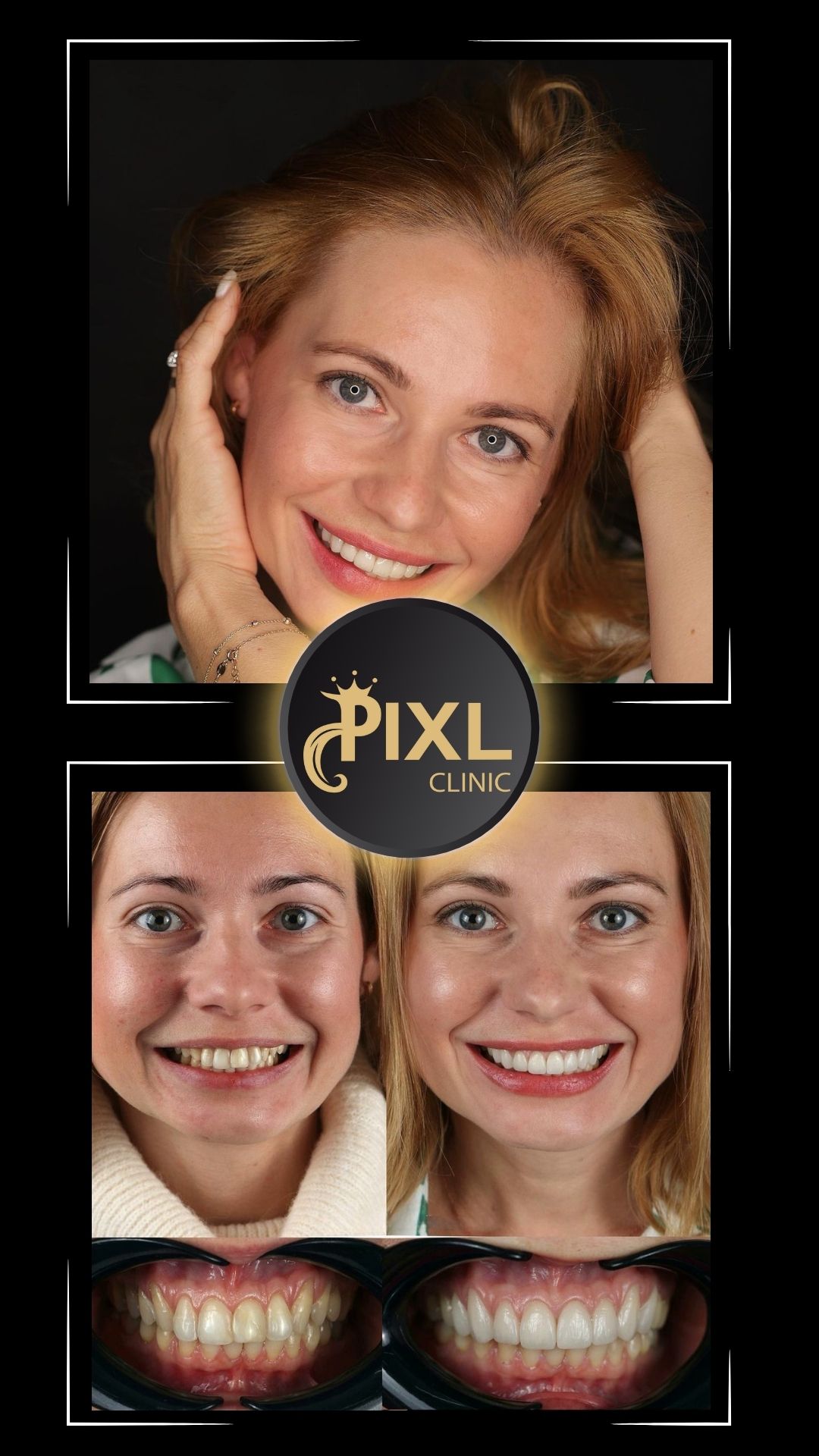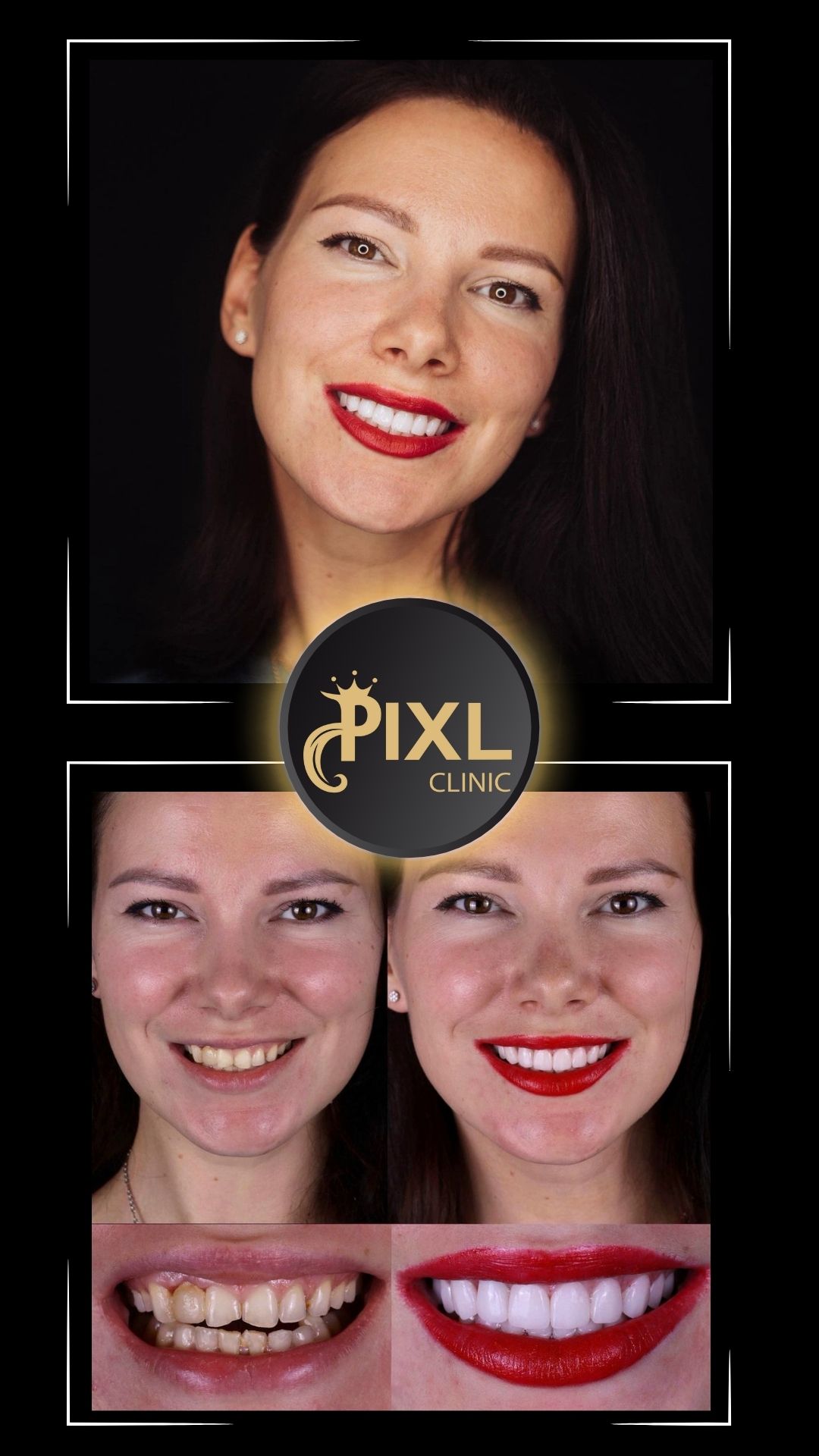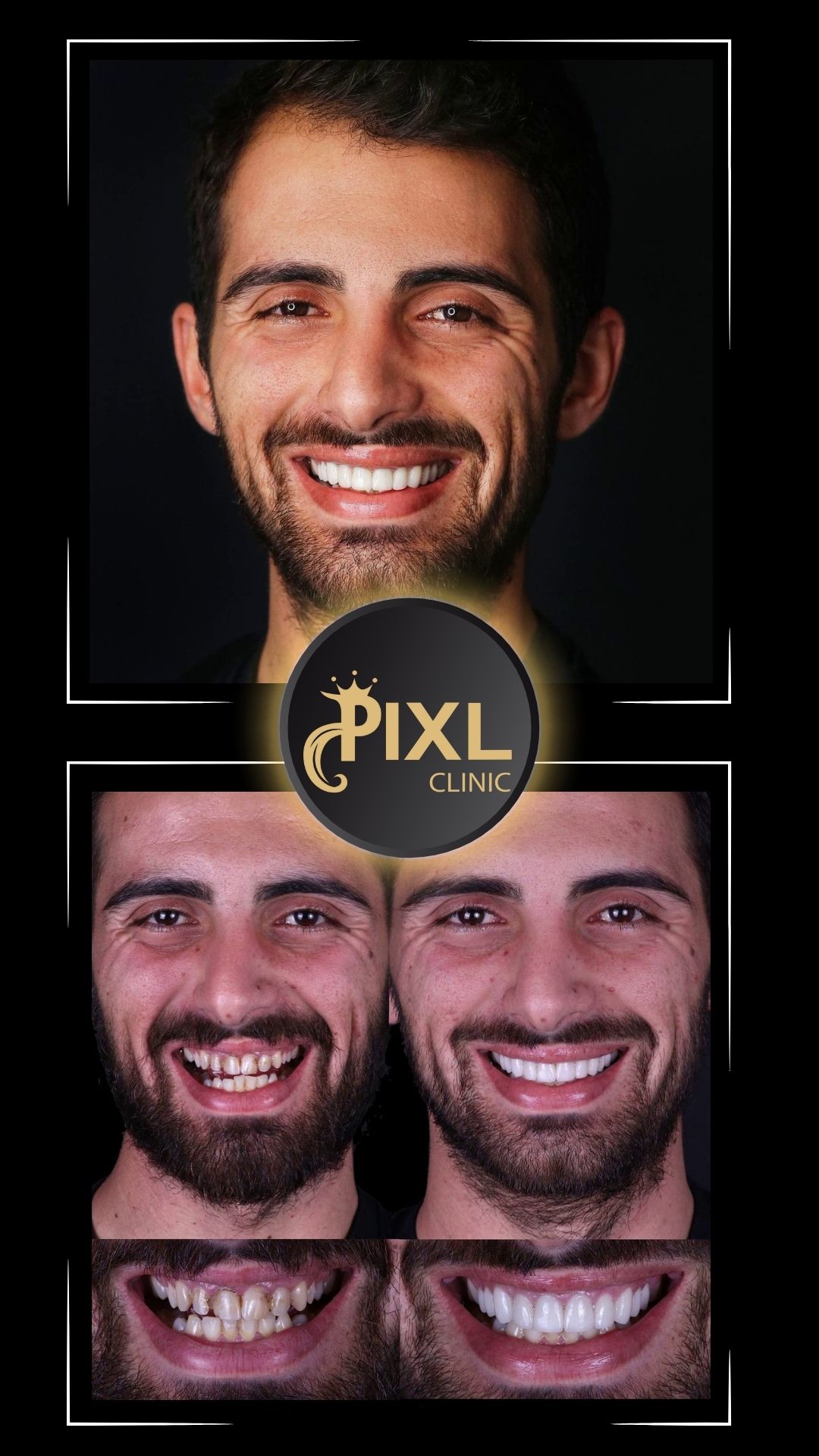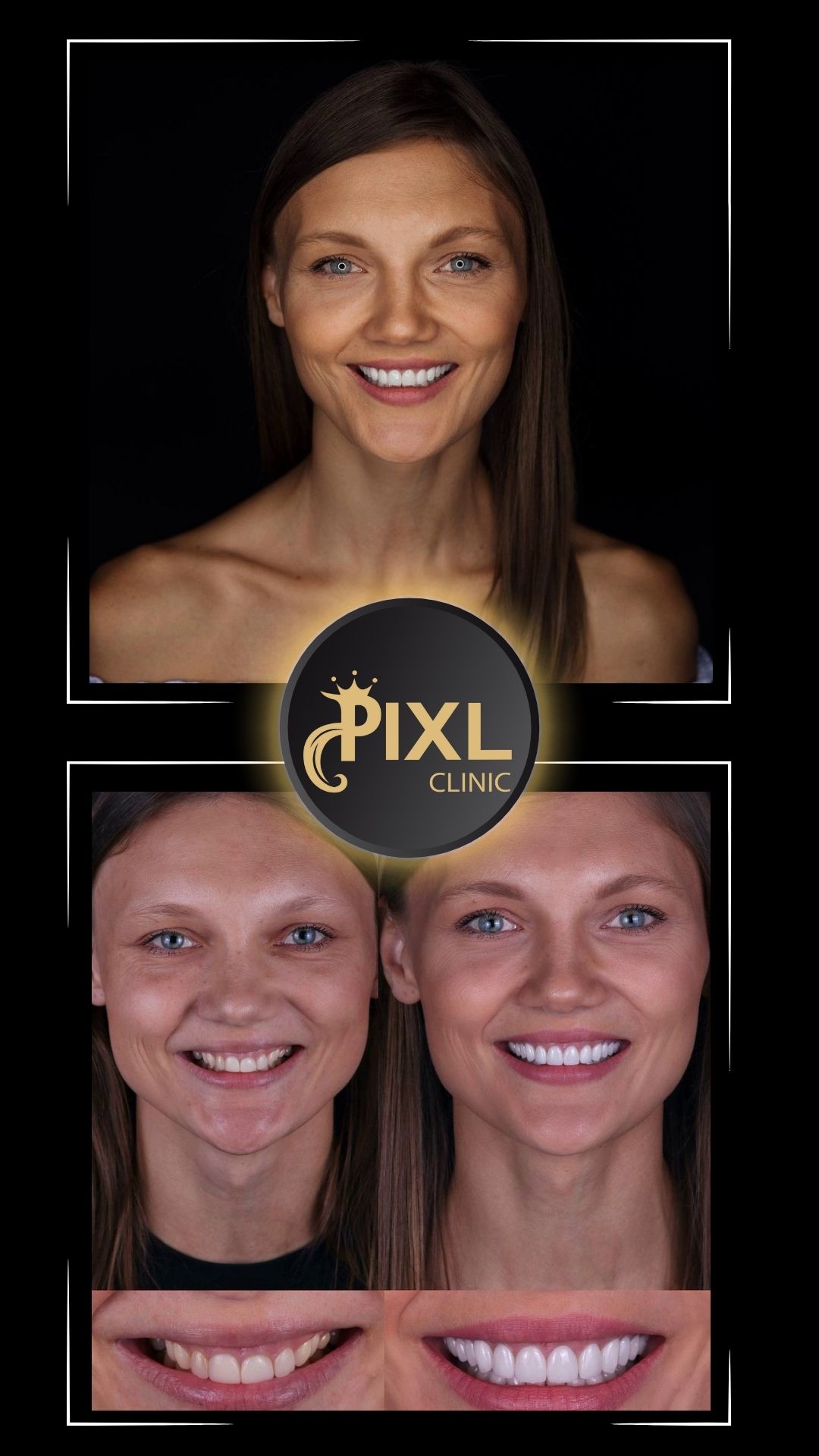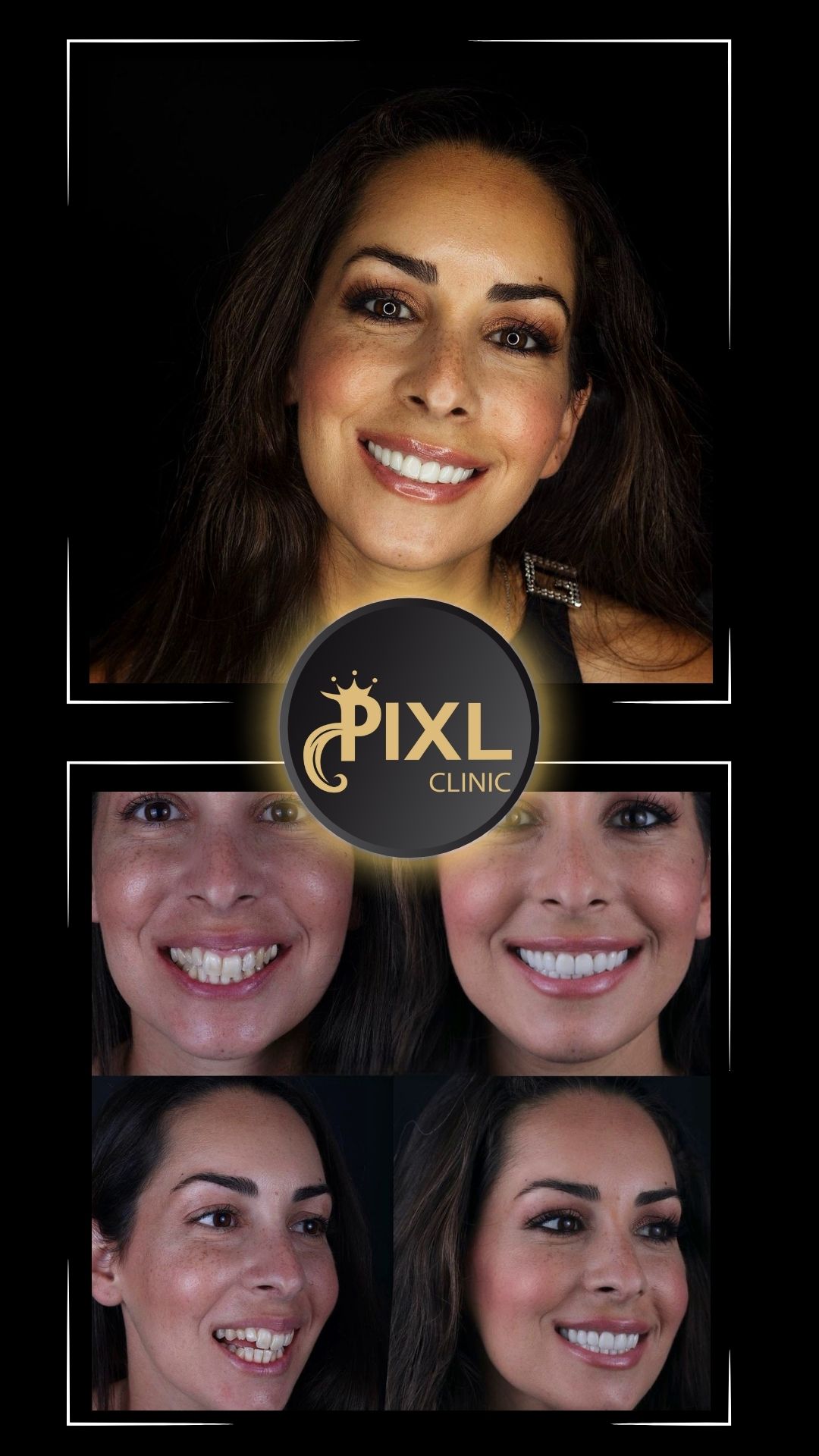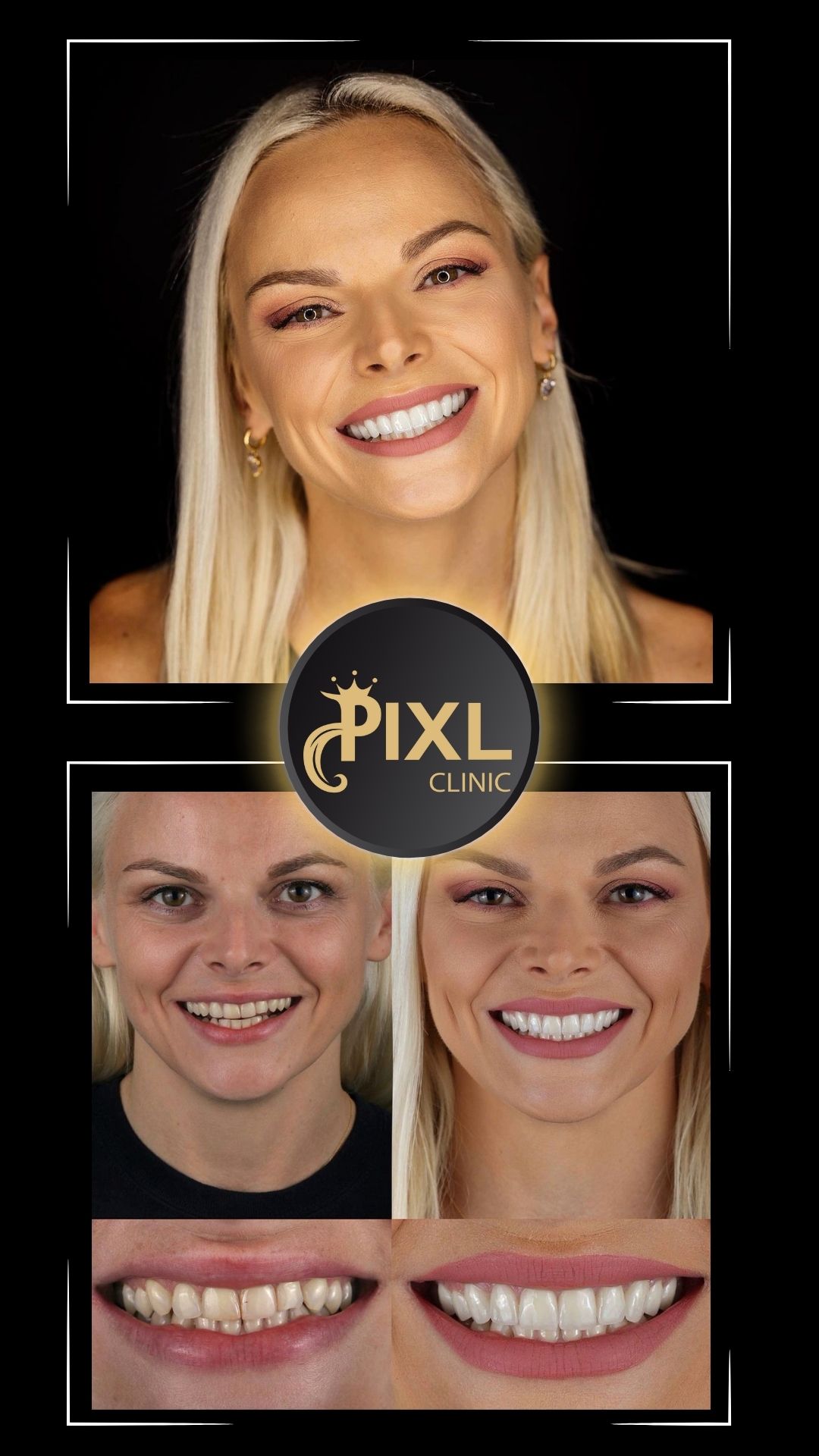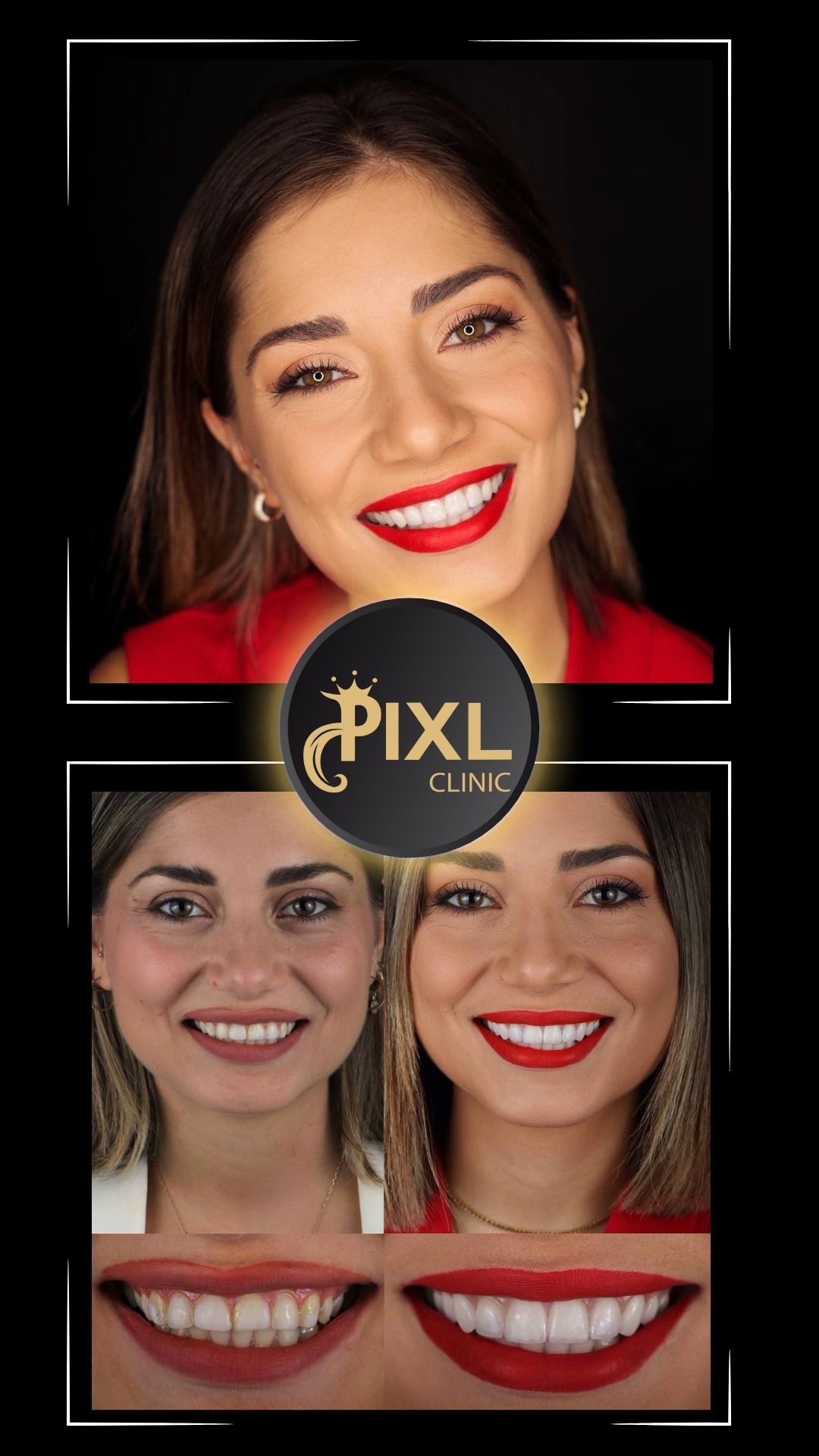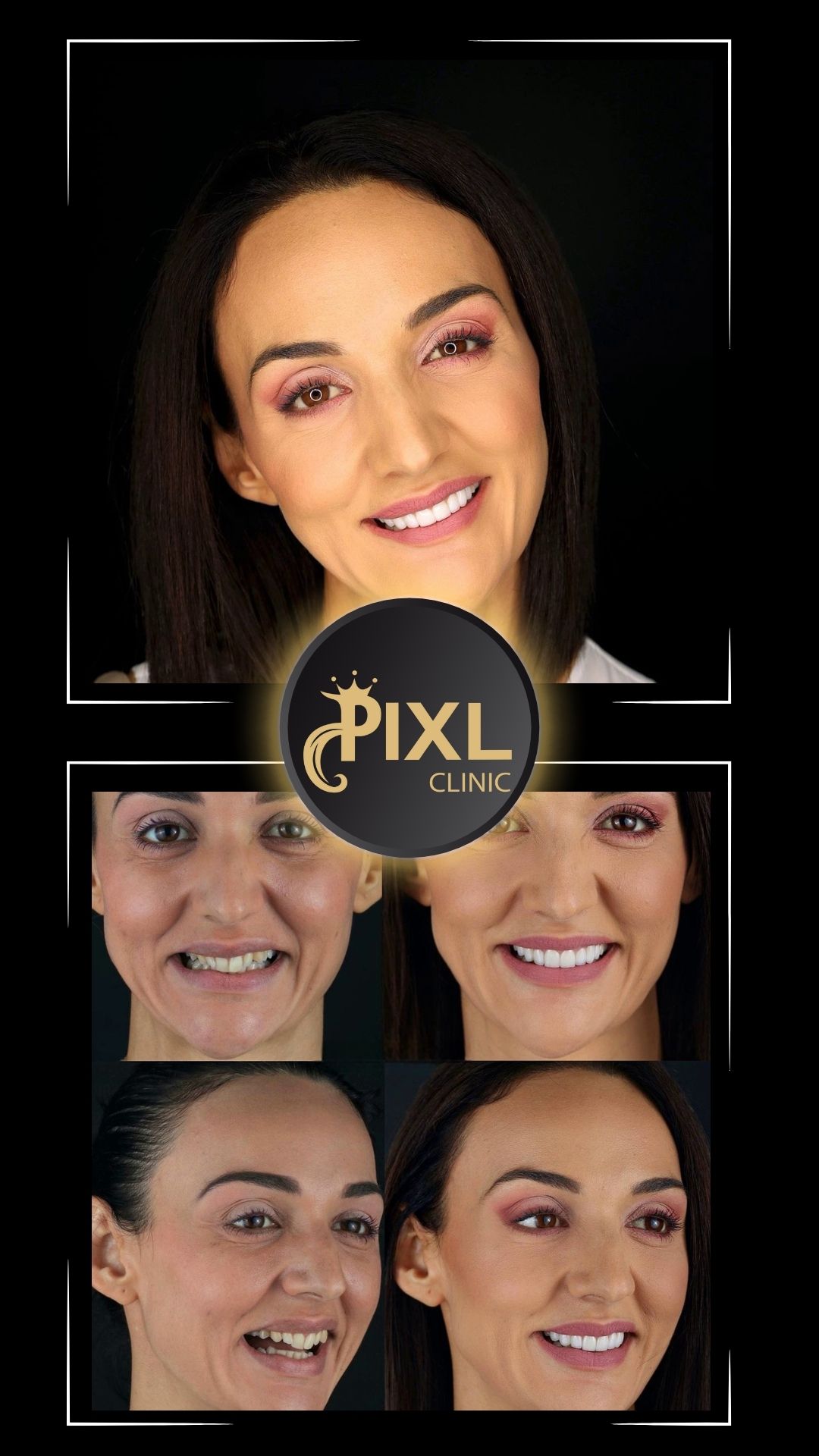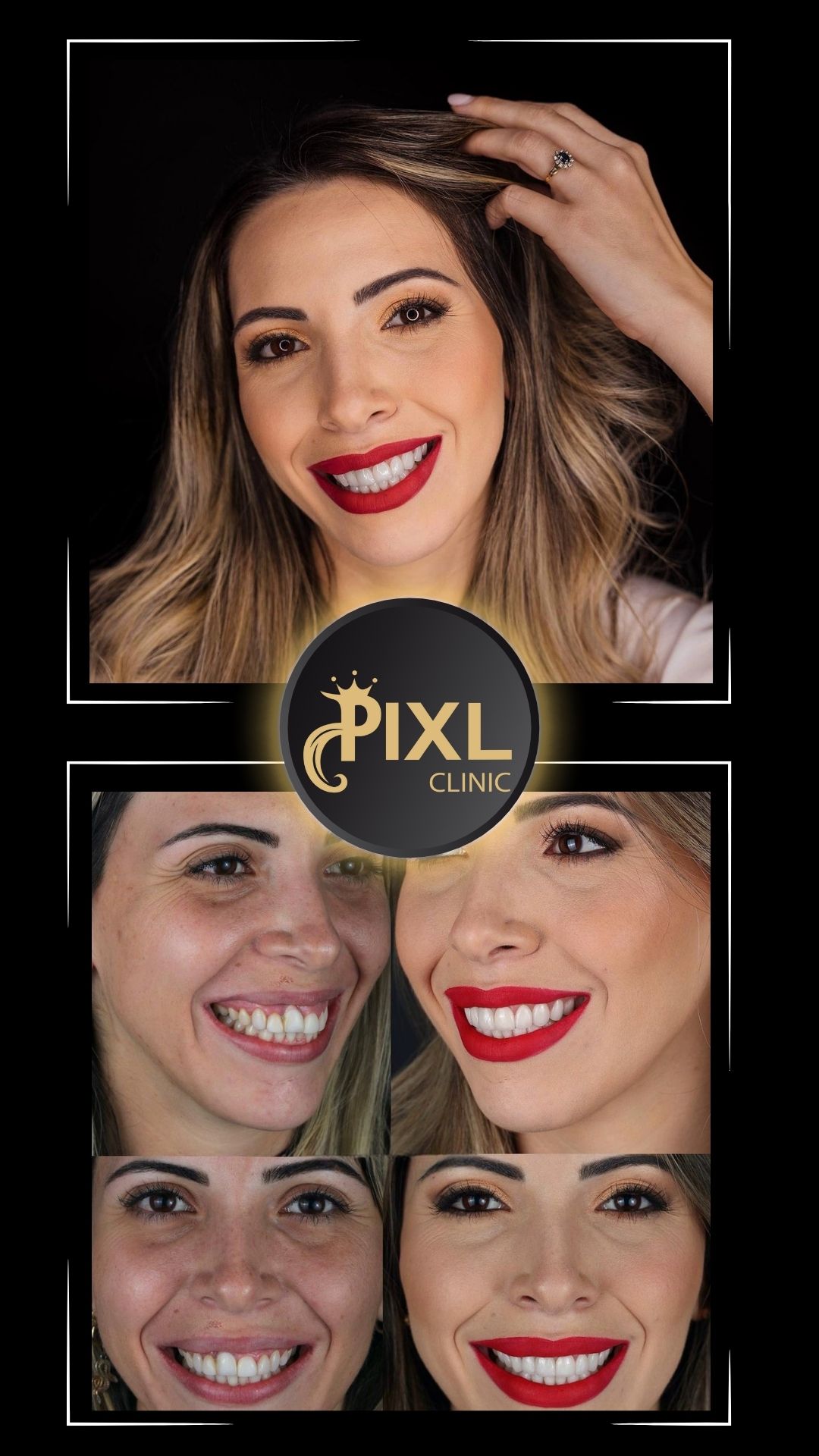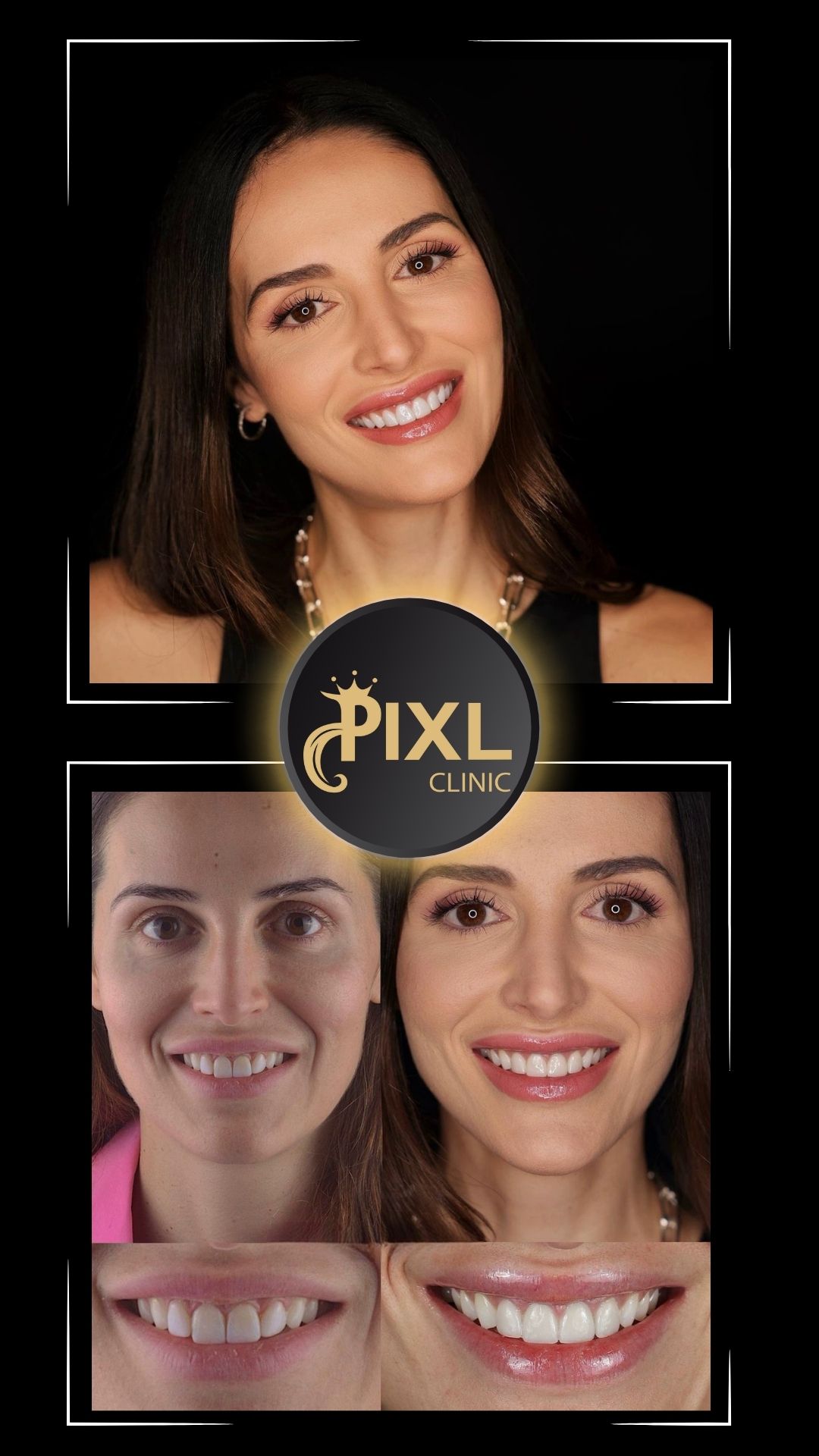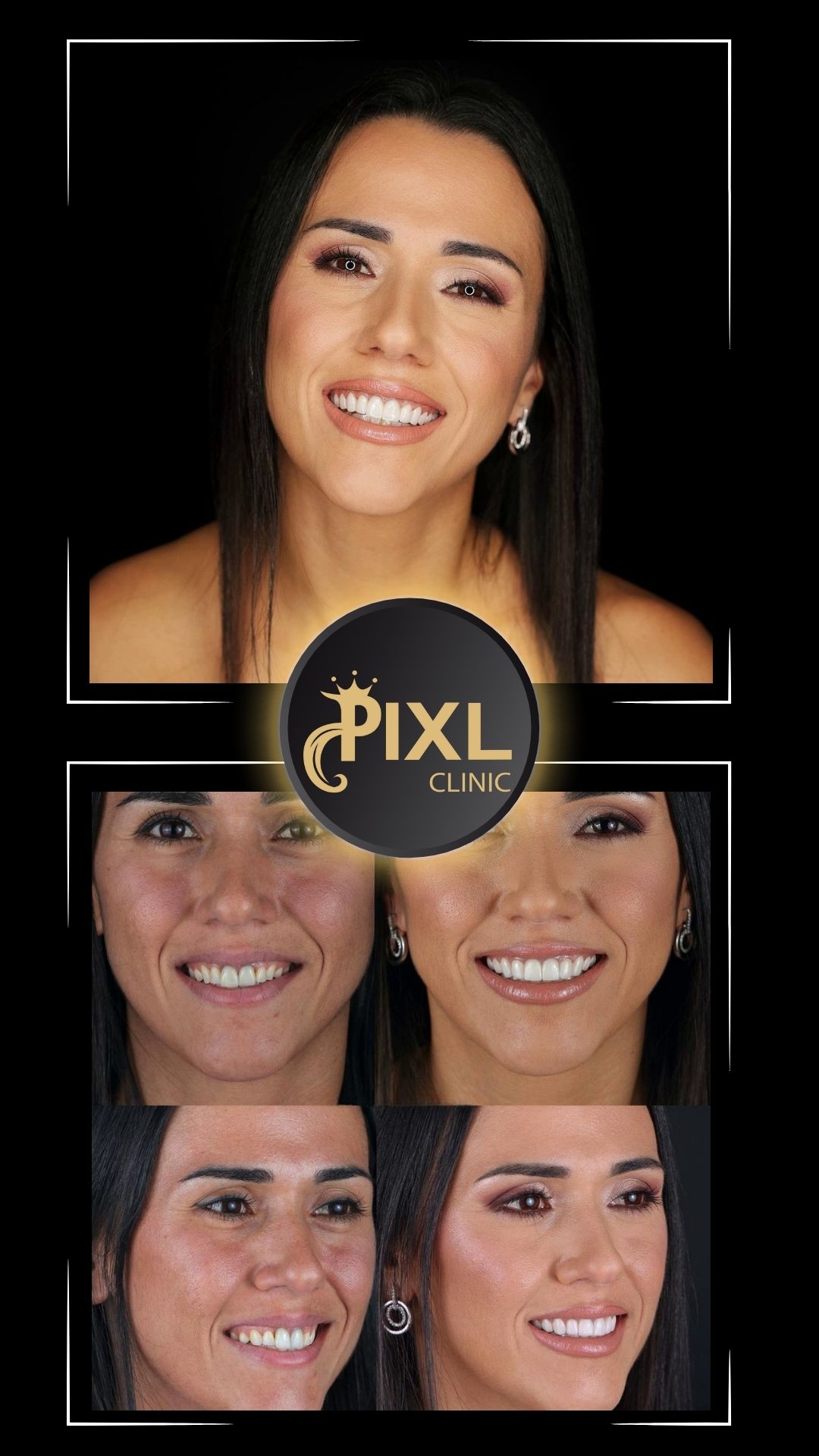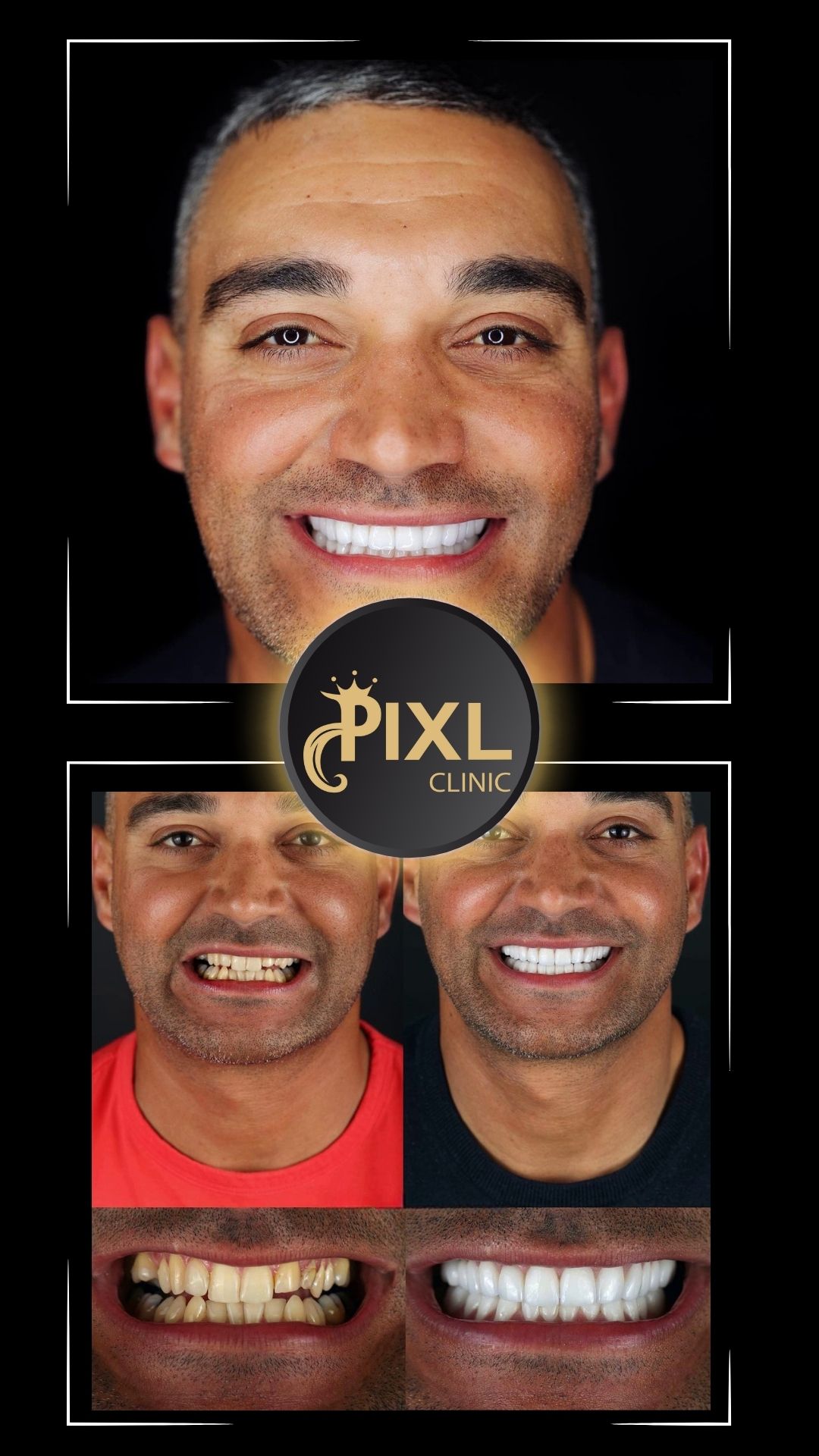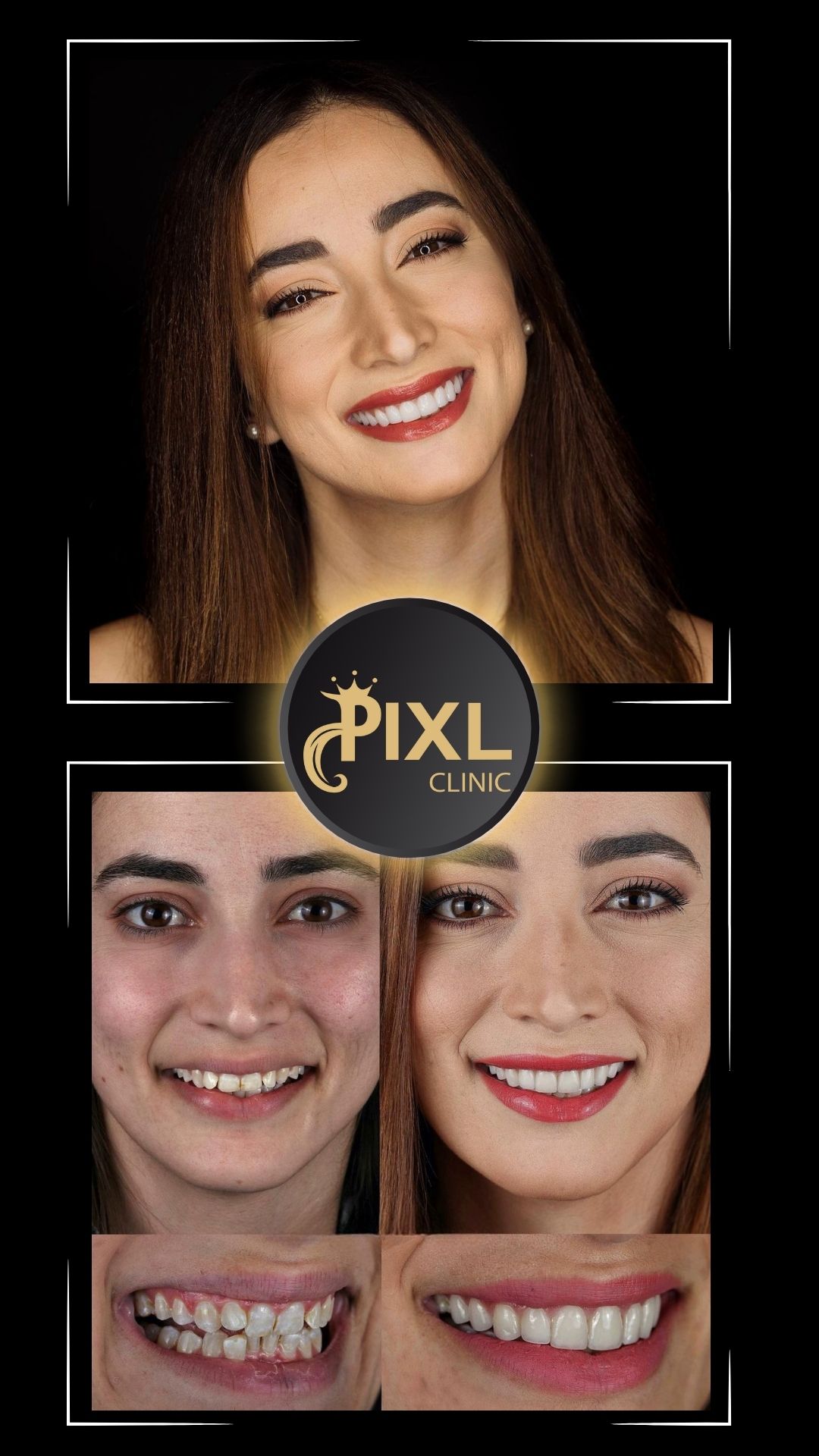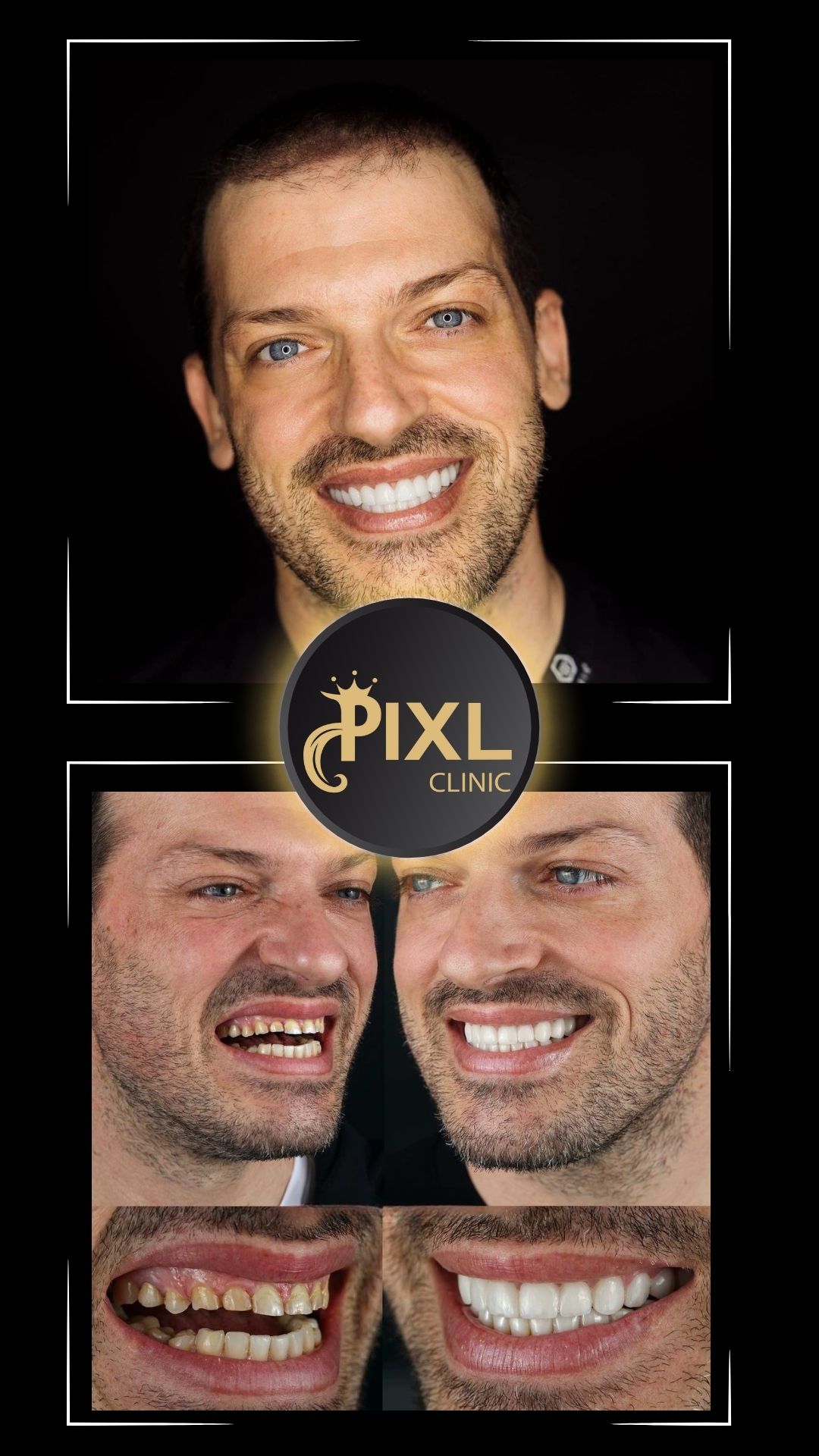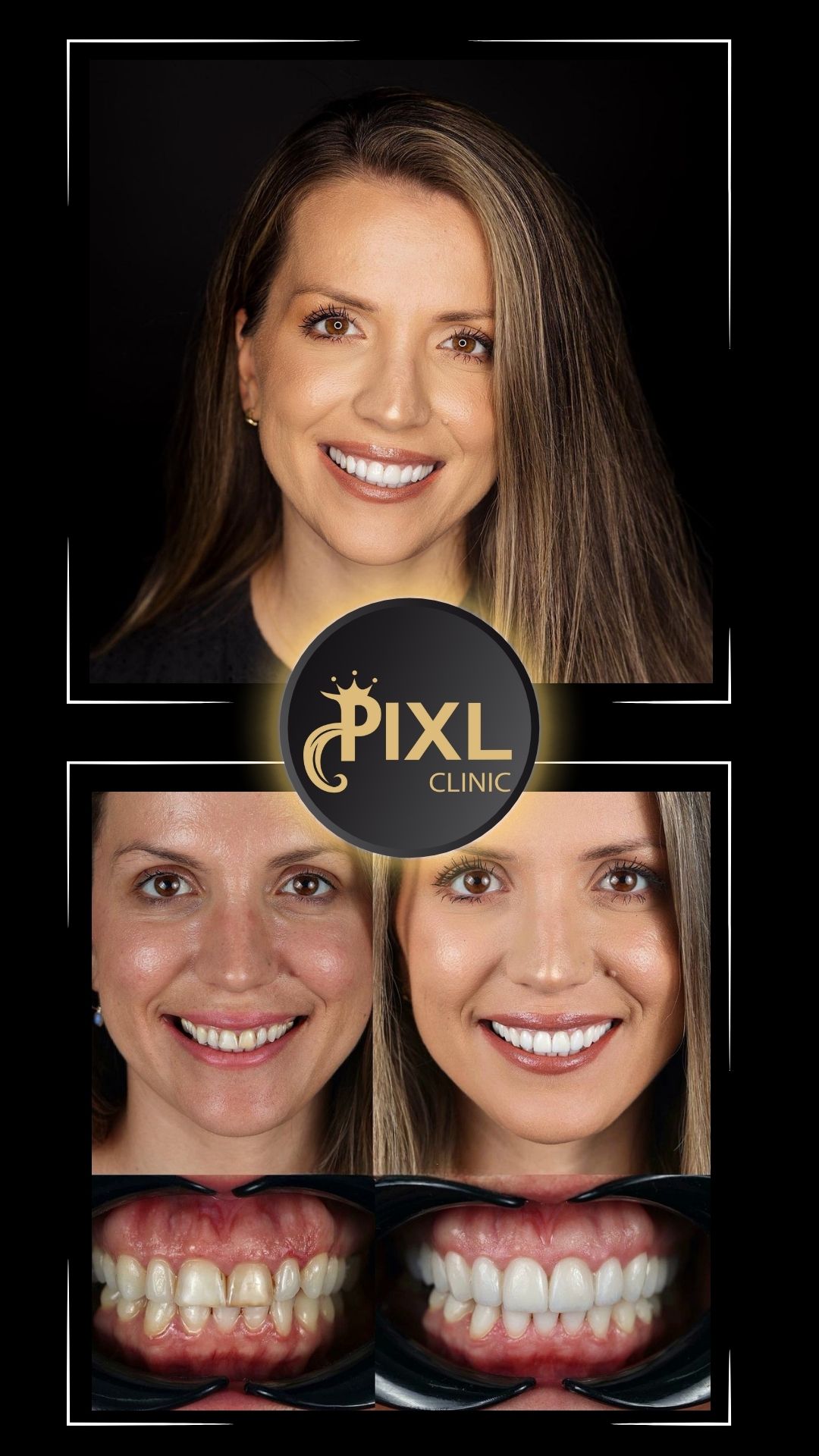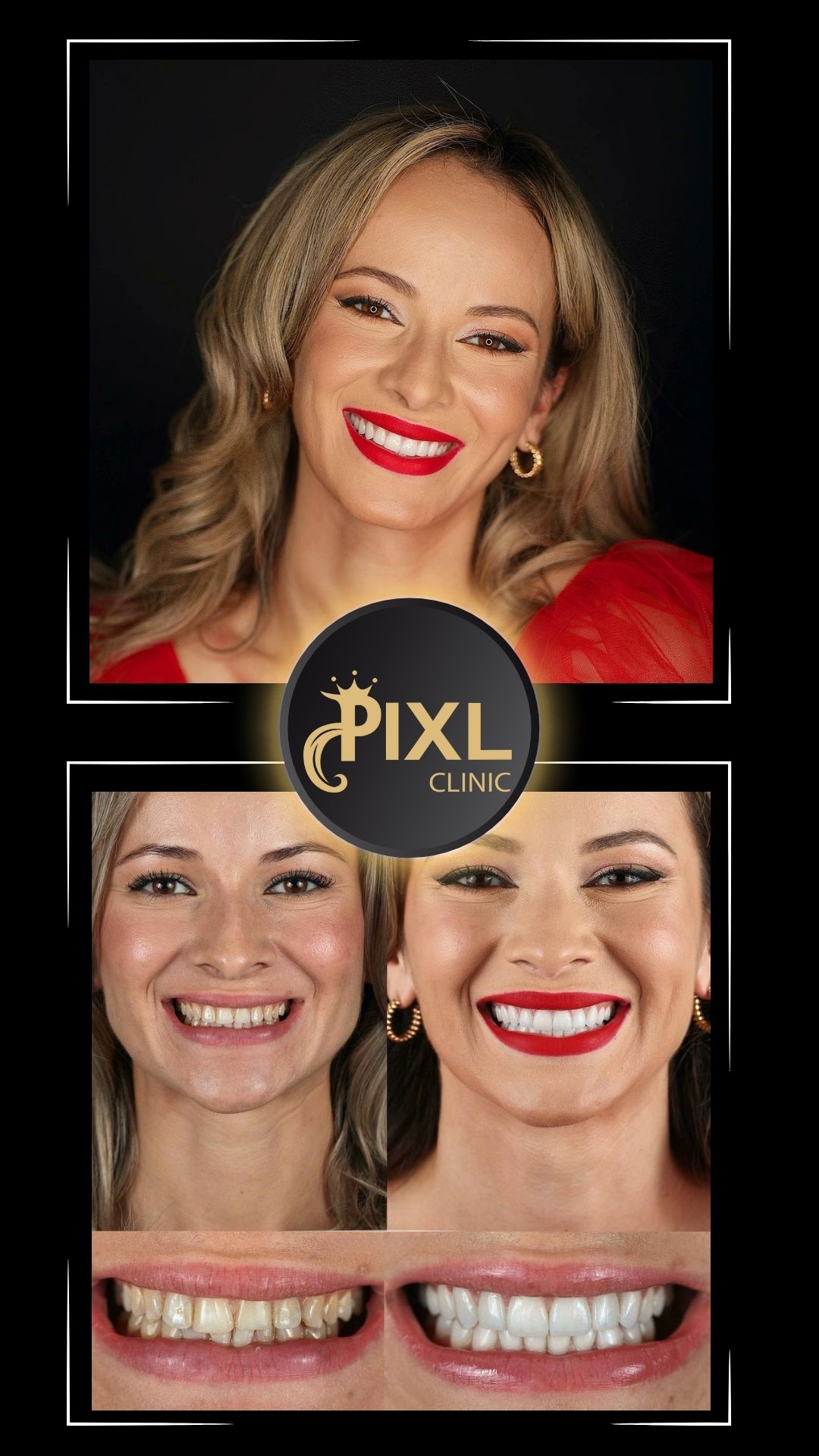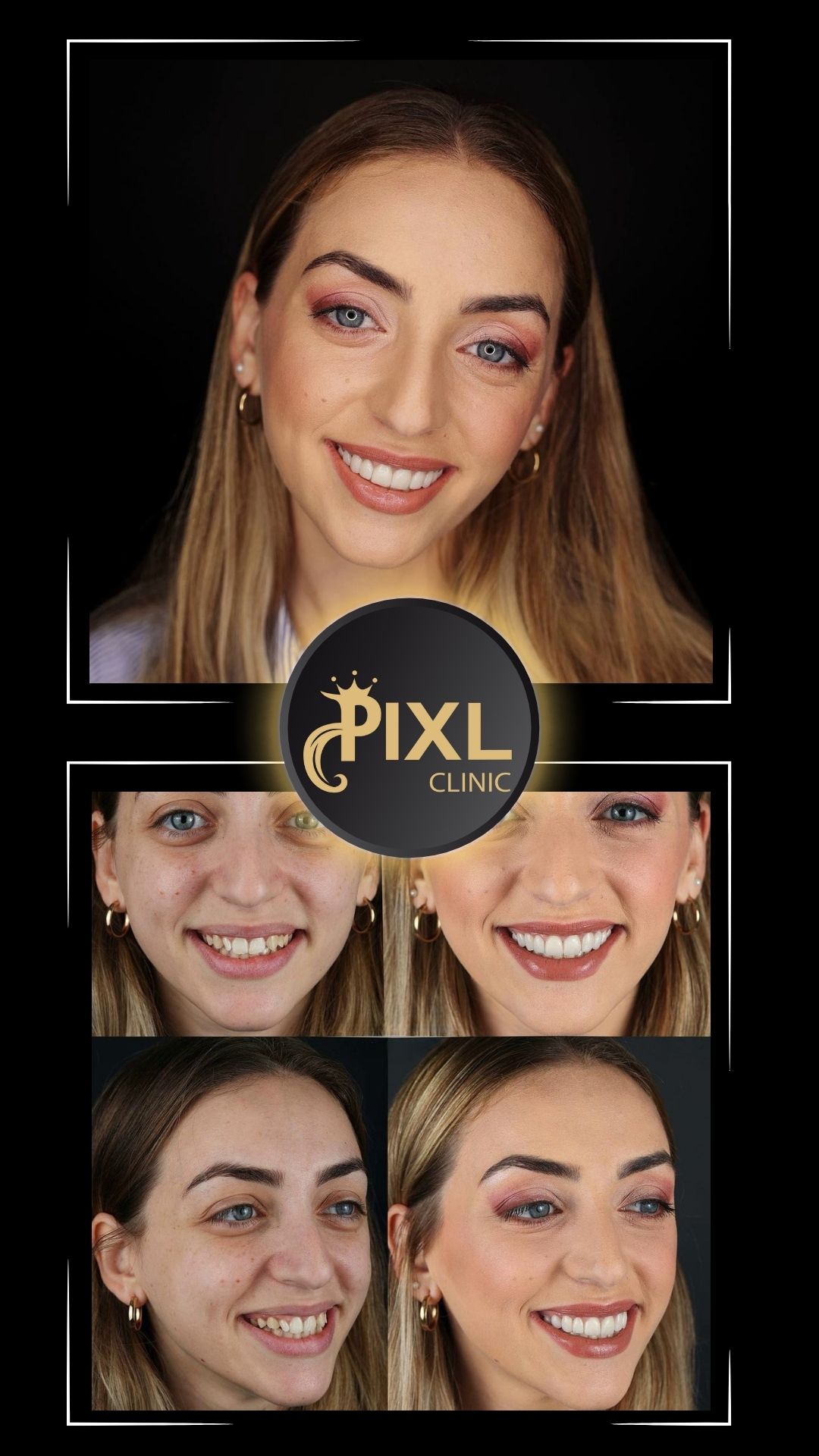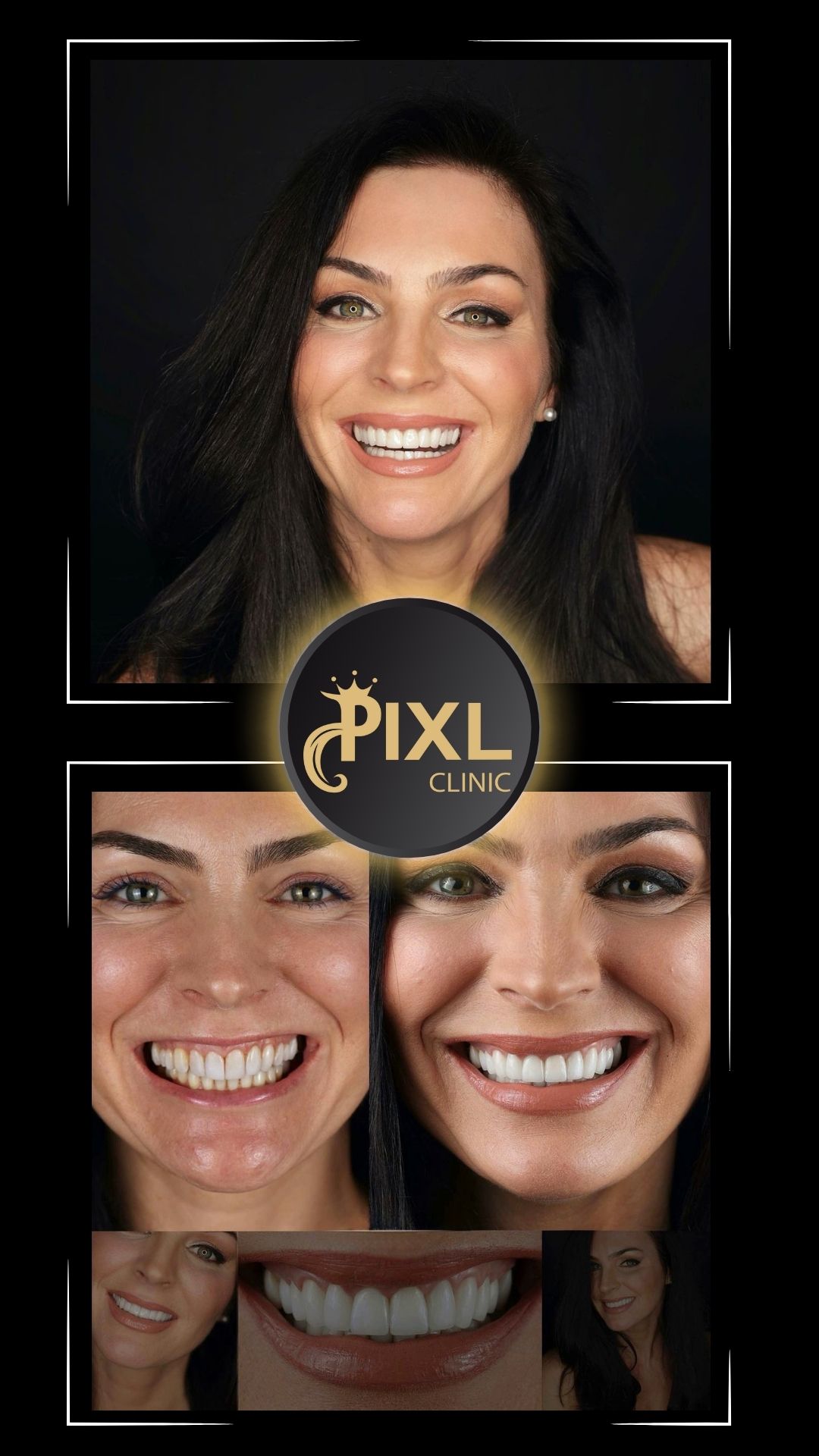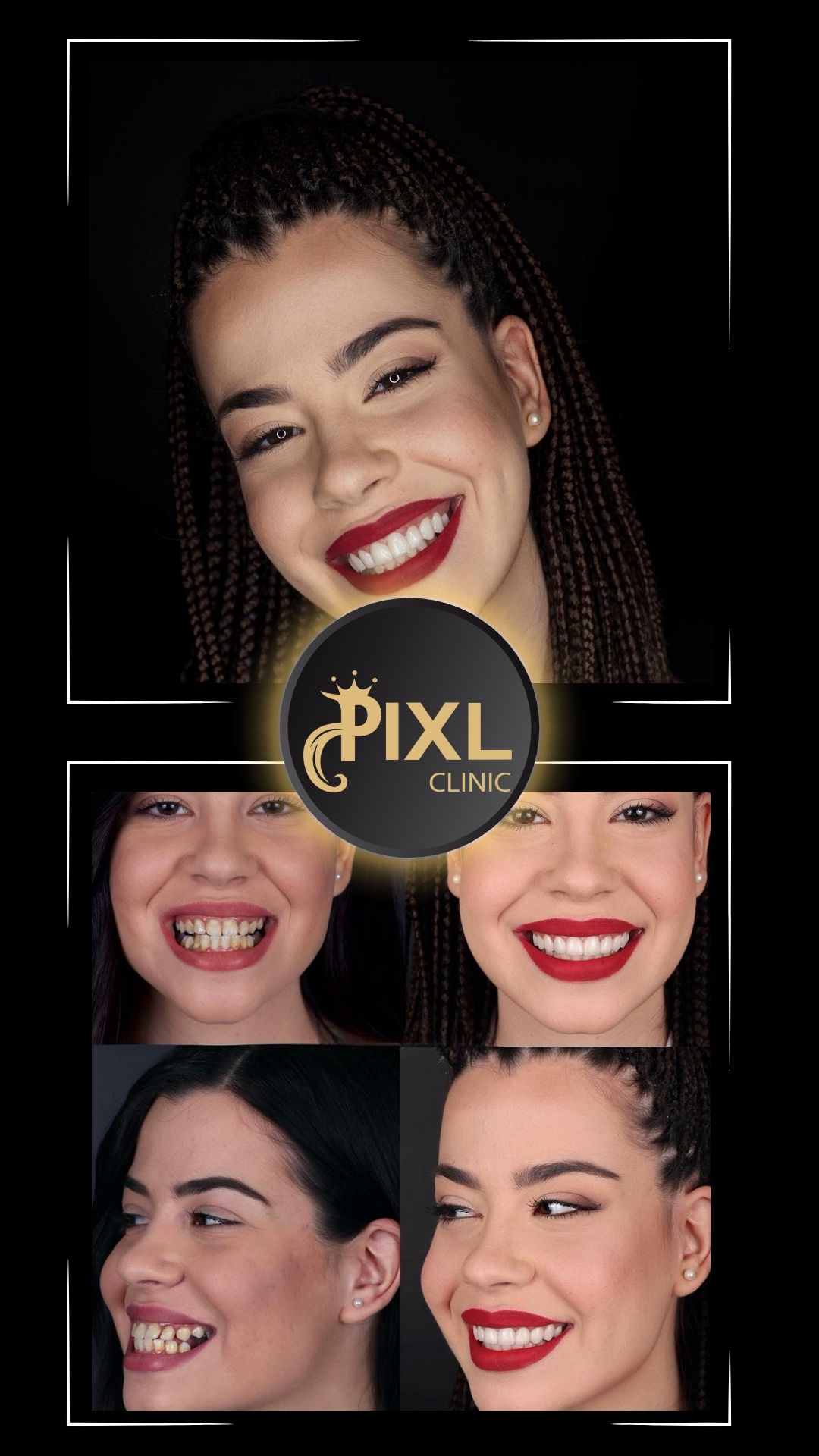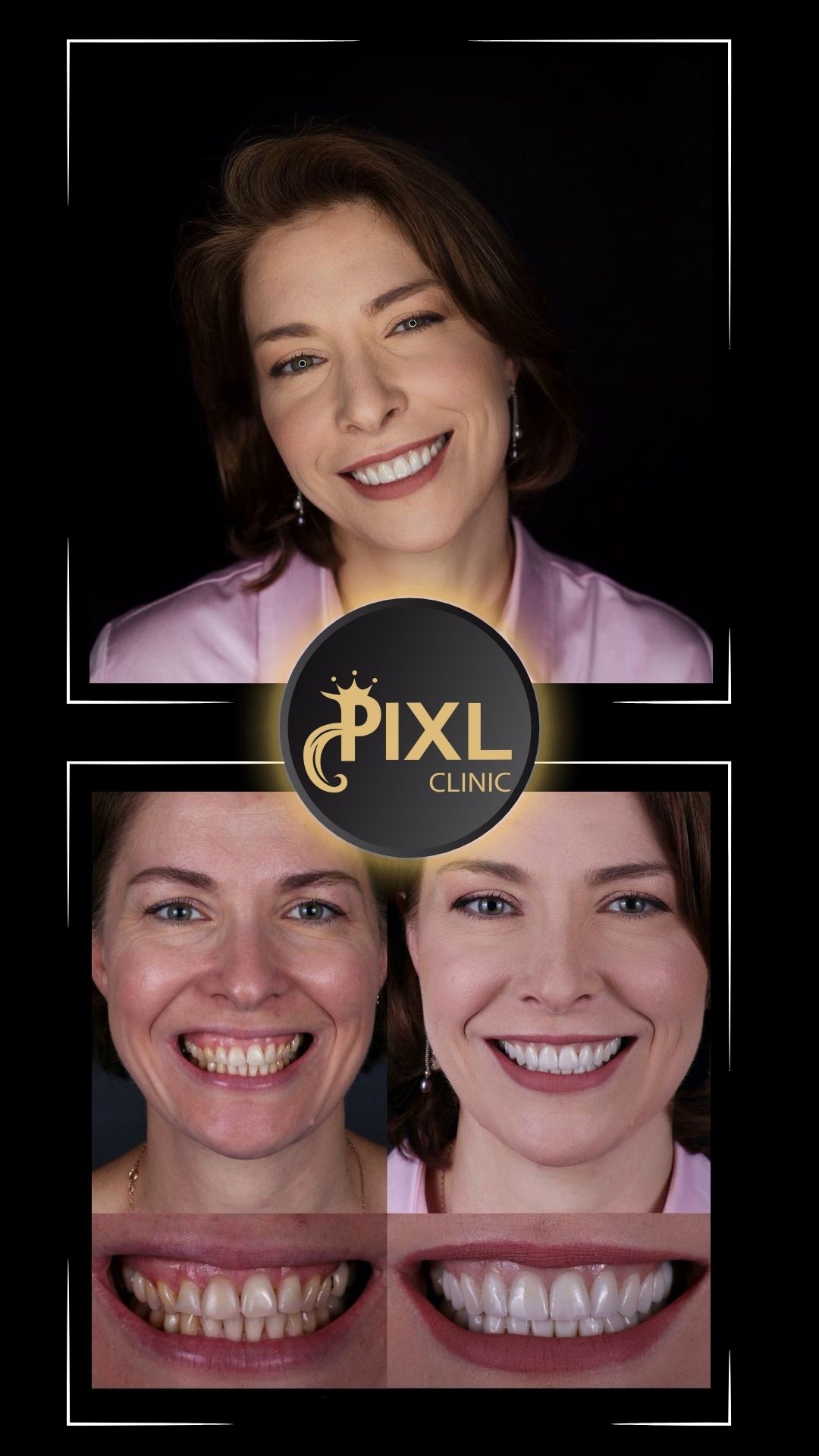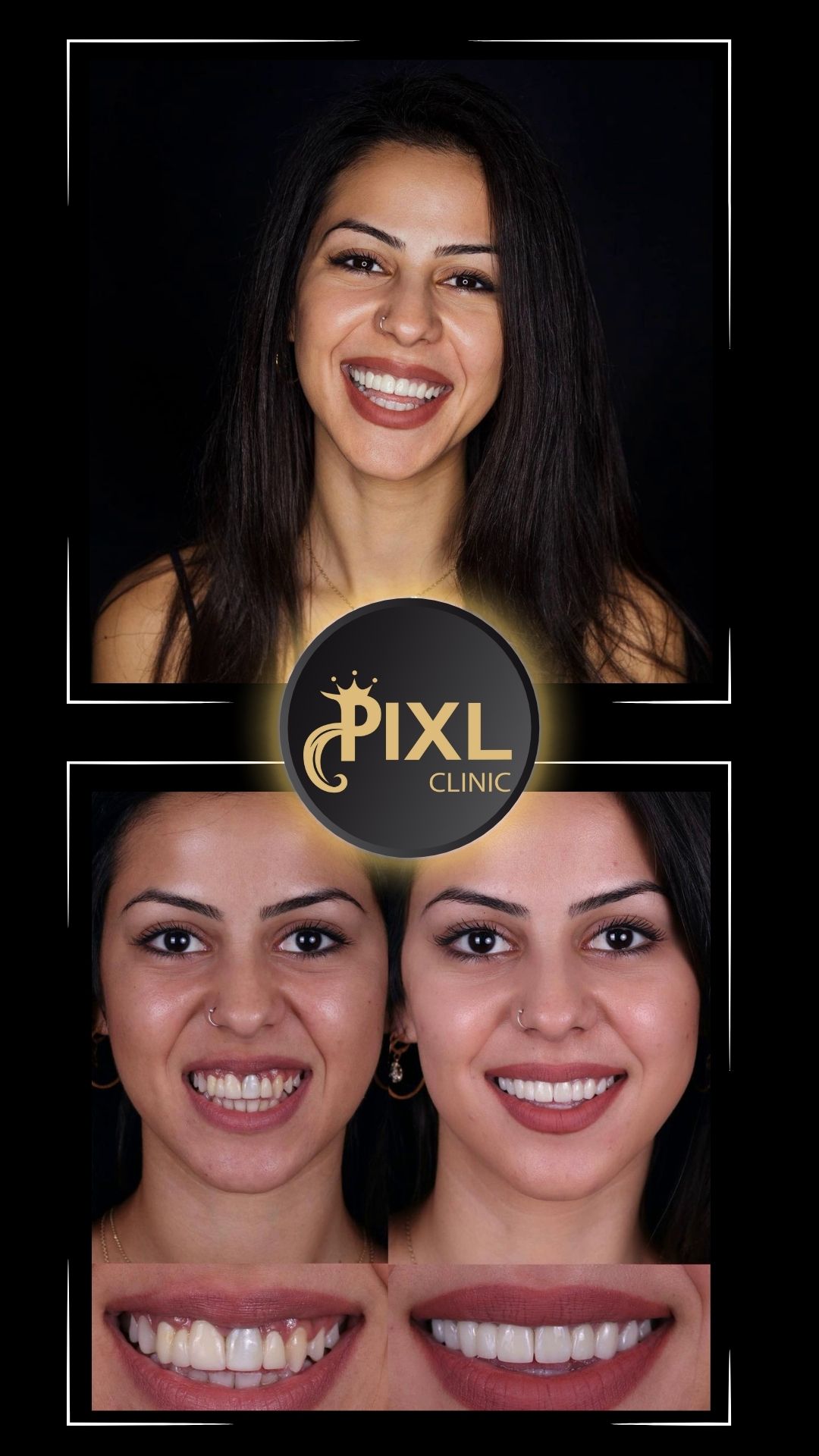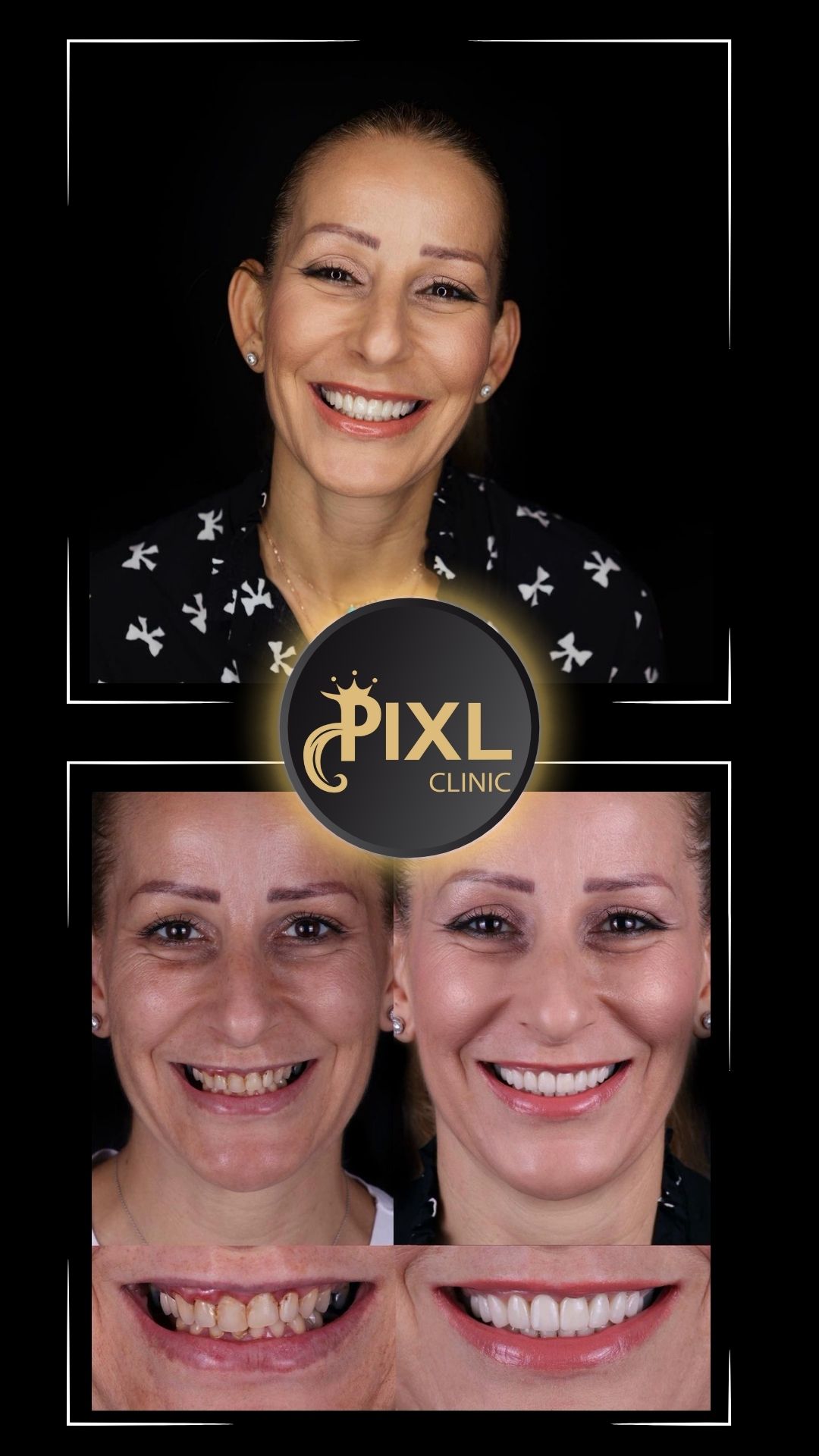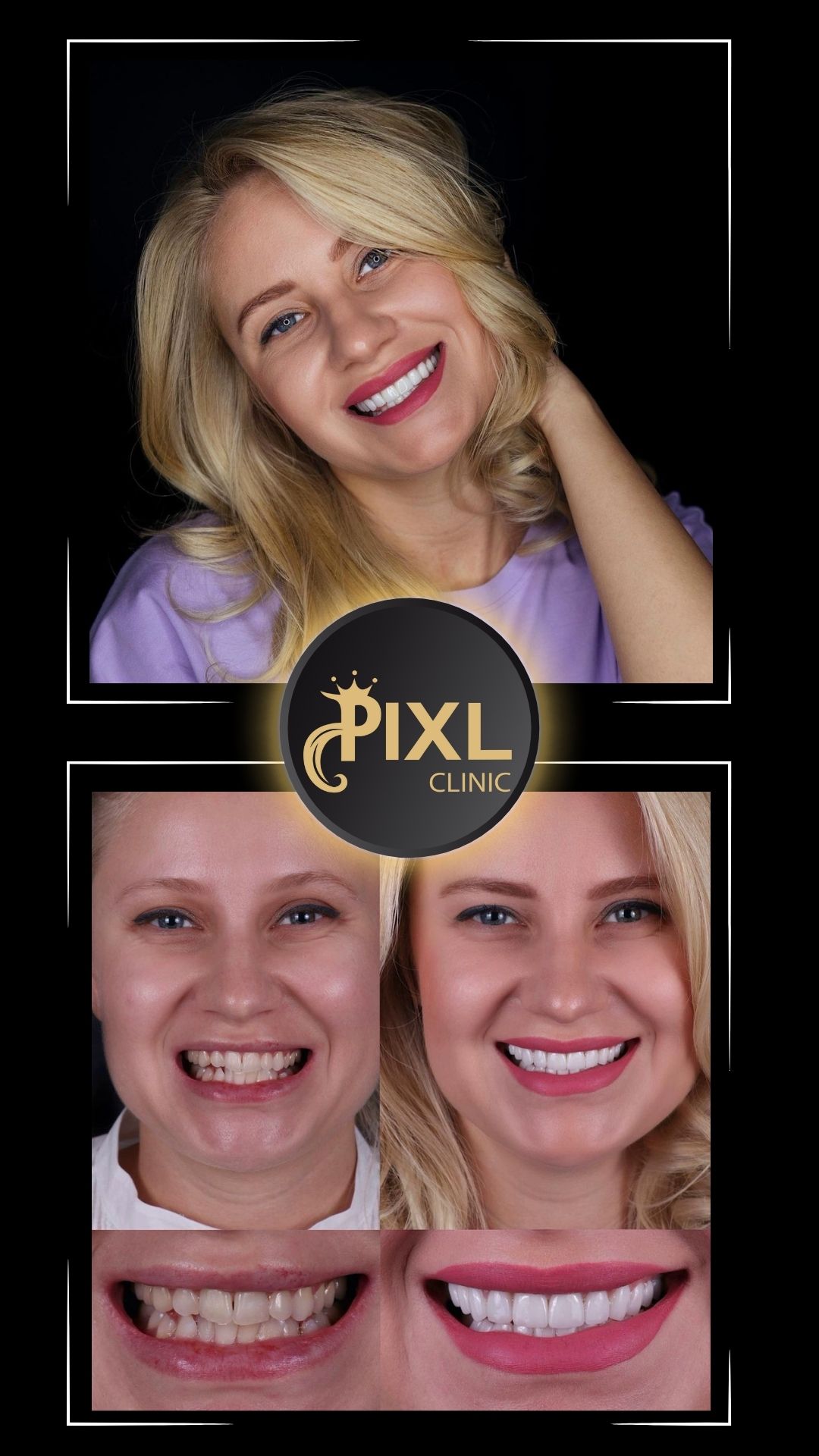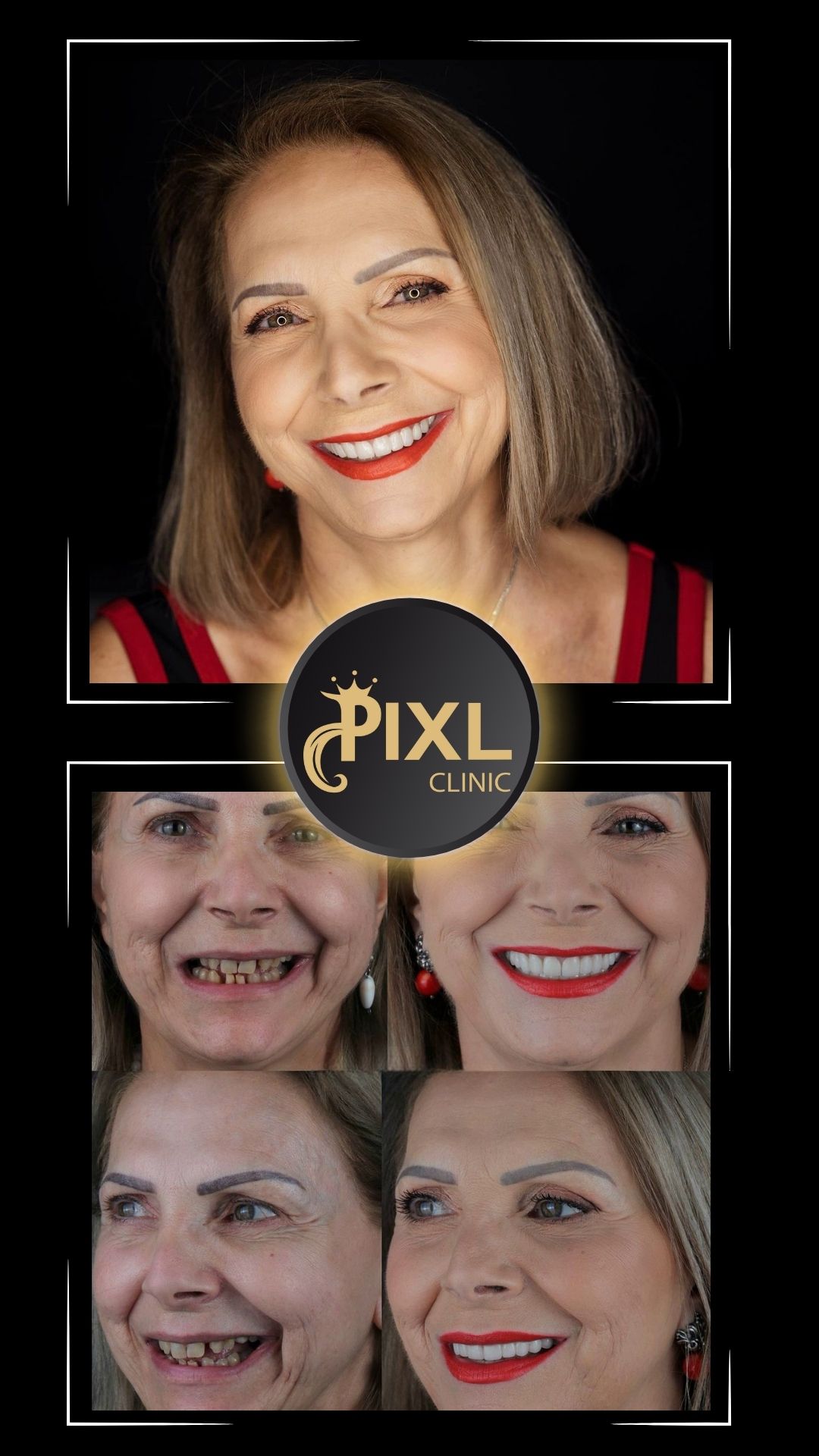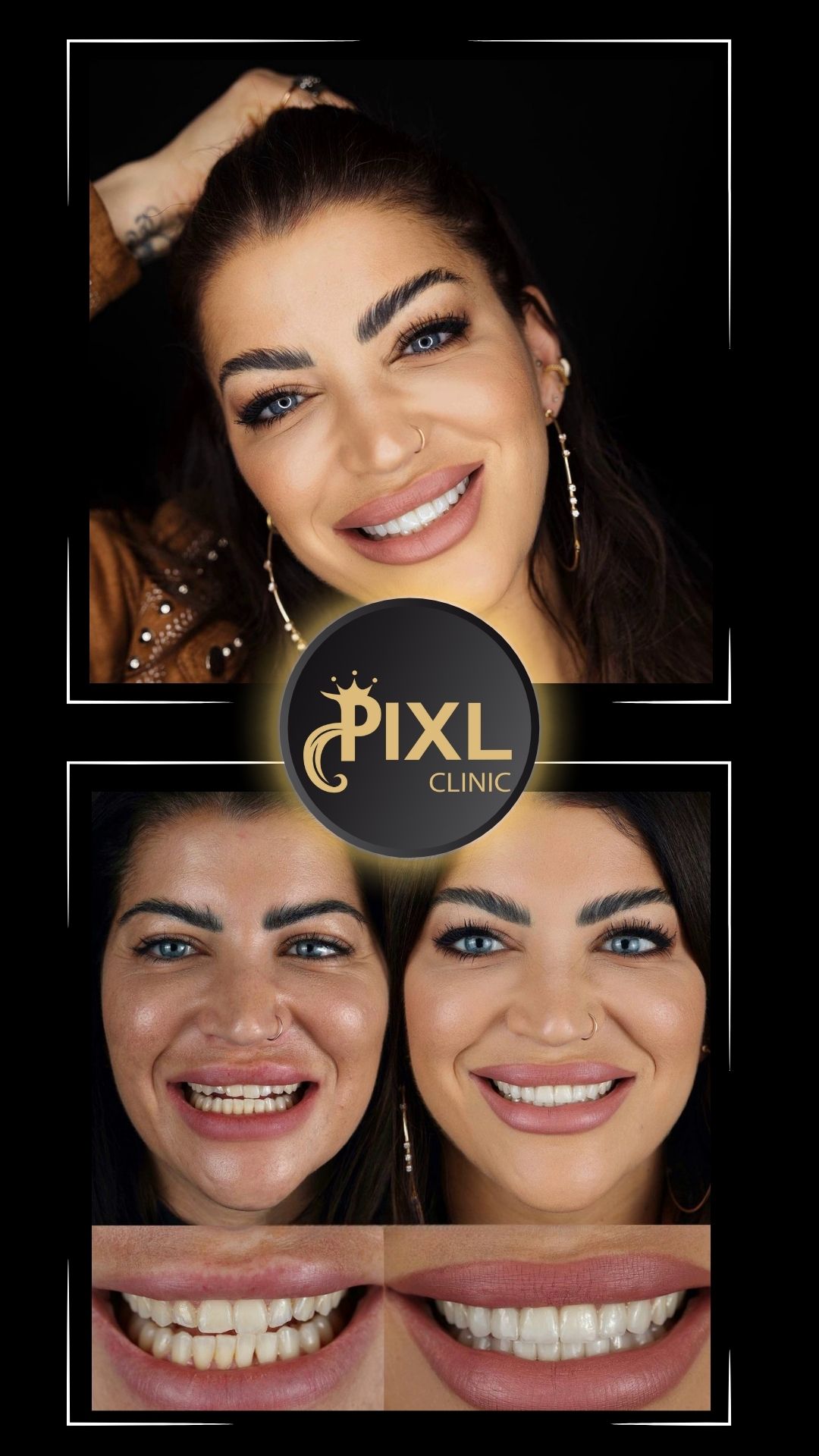7 Surprising Facts About Dental Veneers You Might Not Know
Dental veneers are a popular cosmetic dentistry option for transforming smiles, but there’s much more to them than meets the eye. From their versatility to their unexpected benefits, here are seven surprising facts about dental veneers you might not know.

1. Veneers Are Not Just for Aesthetic Purposes
While veneers are widely known for improving the appearance of teeth, they also serve functional purposes. They can protect damaged teeth, close gaps, and even restore teeth with minor cracks or chips. By covering imperfections, veneers add an extra layer of strength to the natural tooth structure.
2. They’re Custom-Made for Every Smile
No two sets of veneers are the same. Each veneer is custom-crafted to match the size, shape, and color of your natural teeth, ensuring a seamless and natural look. Advanced technology, such as 3D imaging, often guides this process, making veneers a personalized solution.
3. Veneers Can Resist Stains Better Than Natural Teeth
Porcelain veneers, in particular, are highly resistant to staining from coffee, wine, and other common culprits. This is due to their smooth, non-porous surface. While they’re not stain-proof, veneers maintain their bright appearance longer than natural enamel when cared for properly.
4. They’re Not a One-Size-Fits-All Solution
Veneers aren’t just for the front teeth. They can be applied to almost any tooth in your mouth. Additionally, you don’t have to get veneers for your entire set of teeth—many patients choose to veneer only a few visible teeth for a more affordable yet impactful transformation.
5. They Require Minimal Tooth Preparation
Modern advancements in dental veneers have reduced the need for extensive tooth preparation. Some veneers, like no-prep or minimal-prep options, require little to no enamel removal. This preserves the natural tooth structure and makes the process less invasive.
6. Veneers Can Last Over a Decade
With proper care, high-quality veneers can last anywhere from 10 to 20 years. Maintaining a good oral hygiene routine and avoiding habits like biting hard objects or grinding your teeth can significantly extend their lifespan. Regular dental check-ups also play a key role in their durability.
7. They Can Boost Your Confidence Instantly
For many people, veneers provide more than just a smile makeover—they also enhance self-esteem. By addressing common insecurities such as discolored, misaligned, or uneven teeth, veneers can help individuals feel more confident in social and professional settings.
Is It Time to Transform Your Smile?
Whether you’re looking to enhance your appearance or protect your teeth, dental veneers are a versatile solution worth considering. With their long-lasting results and ability to address multiple dental concerns, they continue to be a popular choice in cosmetic dentistry.
Interested in learning more about veneers or determining if they’re right for you? Schedule a consultation with your dentist to explore how veneers can elevate your smile and confidence.
FAQs About Dental Veneers
What Are Dental Veneers?
Dental veneers are thin, custom-made shells designed to cover the front surface of teeth. They are typically made of porcelain or composite resin and are used to improve the appearance of teeth by altering their shape, color, size, or length.
Who Is a Good Candidate for Veneers?
You may be a good candidate for veneers if you have:
- Stained or discolored teeth that don’t respond to whitening treatments.
- Chipped, cracked, or worn-down teeth.
- Gaps between teeth.
- Mildly misaligned or irregularly shaped teeth.
However, healthy teeth and gums are essential before getting veneers. Your dentist will assess your suitability during a consultation.
How Long Do Veneers Last?
Porcelain veneers typically last 10 to 20 years with proper care, while composite resin veneers may last 5 to 7 years. The longevity depends on factors such as oral hygiene, lifestyle habits, and regular dental check-ups.
Do Veneers Damage Natural Teeth?
The process of placing veneers usually involves removing a small amount of enamel to ensure a proper fit. This is a permanent alteration. However, advancements in dentistry have introduced no-prep or minimal-prep veneers, which require little to no enamel removal.
Are Veneers Painful to Get?
The veneer process is generally not painful. Dentists use local anesthesia when preparing the teeth, ensuring comfort during the procedure. Some patients may experience mild sensitivity afterward, which typically subsides within a few days.
How Do I Care for Veneers?
Caring for veneers is similar to caring for natural teeth:
- Brush twice a day with a non-abrasive toothpaste.
- Floss daily to remove plaque.
- Avoid biting into hard objects (like ice or pens).
- Visit your dentist regularly for check-ups and cleanings.
Can Veneers Stain or Discolor?
Porcelain veneers are highly stain-resistant, unlike natural teeth. Composite veneers are more prone to staining over time, but proper oral hygiene can minimize discoloration.
Are Veneers Reversible?
No, veneers are not reversible. Once enamel is removed during the preparation process, it cannot be restored. If you choose to remove your veneers in the future, you’ll need a replacement or alternative treatment.
Can Veneers Fix Crooked Teeth?
Veneers can mask the appearance of minor misalignments, but they don’t actually correct the position of your teeth. For significant misalignment, orthodontic treatment (like braces or clear aligners) may be more appropriate.
Are Veneers Covered by Insurance?
Most dental insurance plans don’t cover veneers as they are considered a cosmetic procedure. However, some plans may cover a portion if veneers are needed for functional reasons, like repairing a broken tooth.
Can I Whiten Veneers?
Veneers do not respond to traditional teeth whitening treatments. If your veneers become discolored over time, your dentist may recommend professional cleaning or polishing.

